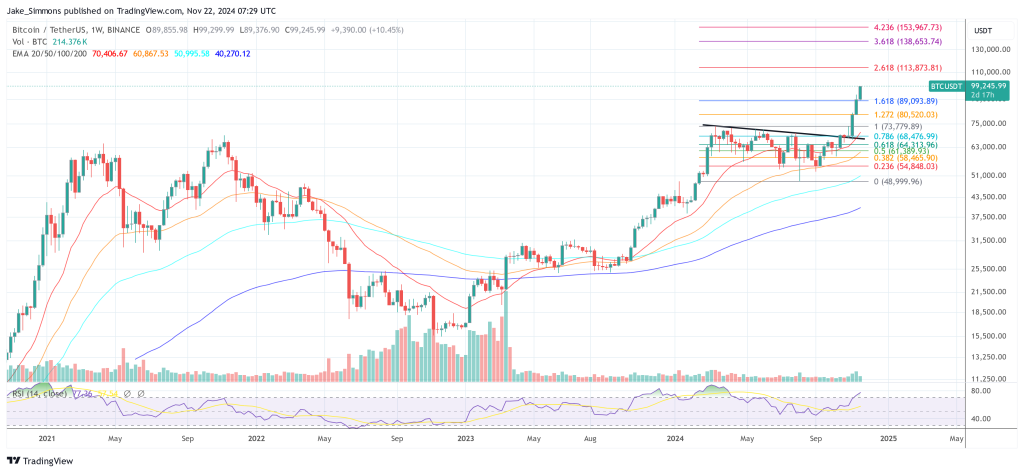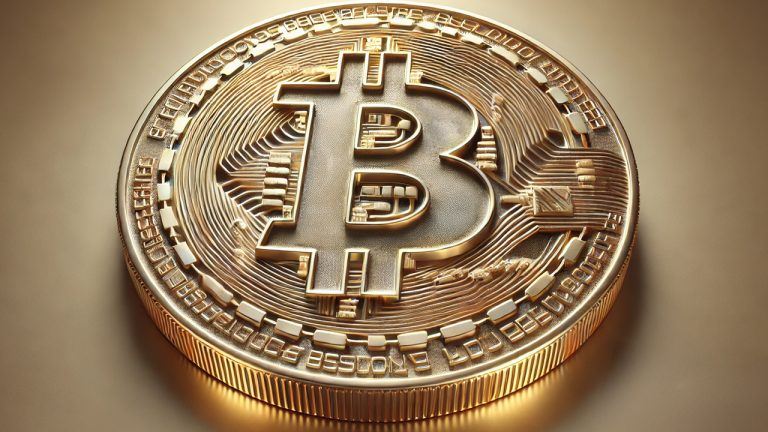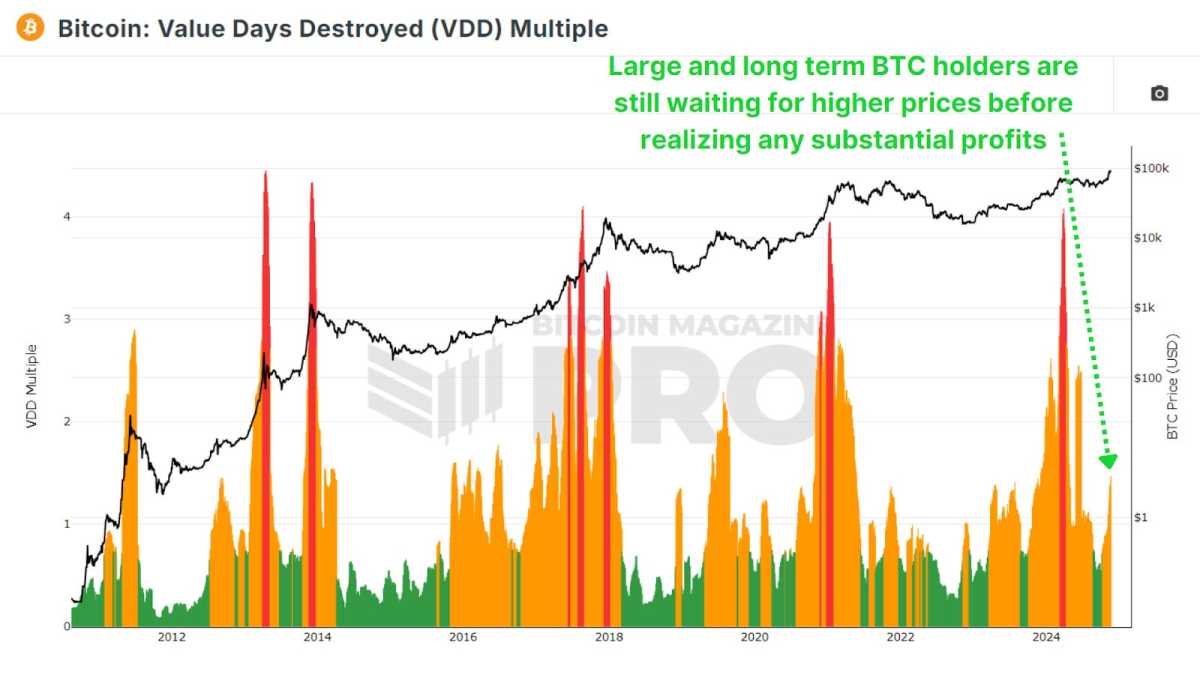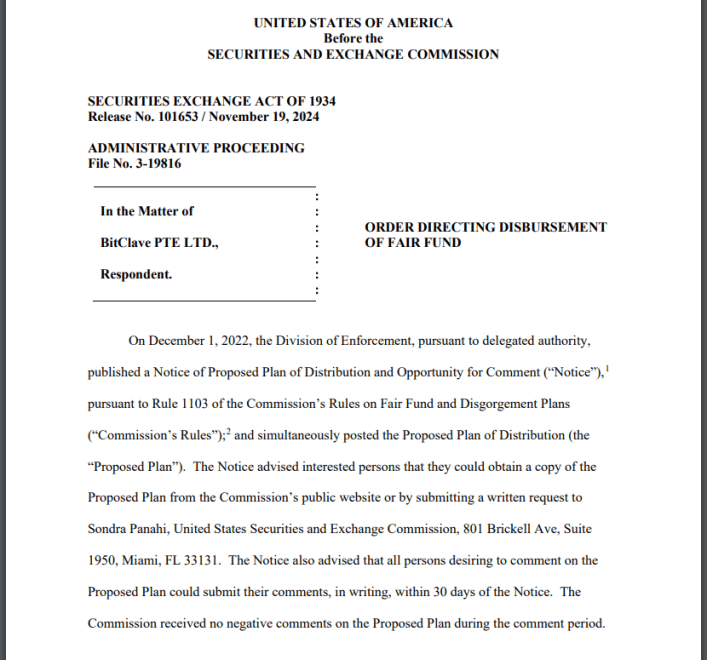<p>Several financial developments are converging, and together they create the possibility of significant changes in our money and the ways we transact, around which there should be awareness and open discussion.</p><p>
Firstly, there is the general move towards cashless payments. It has become normal to pay without cash, and there are places where almost all businesses now possess the hardware to rapidly process cashless payments.</p><p>
In fact, the pendulum (if it is a pendulum, a word which implies a move back later) has swung so far towards cashless that there are now operators in some locations that will only accept cashless payments.</p><p>
This varies by geography, but there are places where it is apparent and has happened rapidly, and seemingly without discussion.</p><p>
Secondly, there is talk of CBDCs, as governments around the world explore the prospect of switching the money supply to central bank-issued blockchain-based digital currencies. These diverge from decentralized cryptocurrencies such as bitcoin by being absolutely centralized and under the control of the issuer.</p><p>Thirdly, there were recent developments around Tornado Cash. This was not a widely reported story outside the <a href="https://www.financemagnates.com/tag/crypto/" target="_blank">crypto</a> world, and may not have entered mainstream awareness.</p><p>
However, what happened has implications beyond the crypto bubble. Tornado, a decentralized open-source tool which enabled privacy by allowing users to obscure their crypto transactions, was declared off-limits by the US authorities, with its use by criminals given as the reason for sanctions.</p><p>
Crypto wallets (including the vast majority who are legitimate users) that had transacted with Tornado were frozen out of some crypto platforms, and a Tornado developer was arrested in Holland. At this point, it looks as though there will be legal challenges to the sanctions, on the grounds that they target code rather than individuals.</p><p>
And then, finally, we have the most critical factor in the current state of digital money, which is Bitcoin, along with the many other <a href="https://www.financemagnates.com/tag/cryptocurrencies/" target="_blank">cryptocurrencies</a> and blockchain developments that have followed in its wake.</p><p>How Do These Things Tie Together?</p><p>Take those first three factors: a move away from cash, research into <a href="https://www.financemagnates.com/tag/cbdc/" target="_blank">CBDCs</a>, and the shutting down of a popular crypto privacy tool, and what patterns are apparent?</p><p>One answer is that we are witnessing the emergence of a technical capacity for greater state and corporate surveillance of our financial transactions, which could in turn lead to an increased level of control over citizens’ assets.</p><p>
This is not to say that control is the purpose of the tech changes taking place, and we needn’t stray into either politics or speculation about nefarious intent. It’s simply the case, factually, that the financial mechanisms being leaned into can potentially and among other outcomes, enable greater top-down control in a more encompassing way than has up to now been viable.</p><p>Why Does It Matter?</p><p>The freedom to transact underpins all other freedoms, because without the capacity to buy and sell, it becomes vastly more difficult to exercise your other rights, even if you technically still possess those rights.</p><p>To use a modern example, you cannot contribute to online speech if you can’t buy a computer and pay for an internet connection. You can’t attend conferences, lectures or any other forms of assembly if you can’t pay the transport fare to get to the right location.</p><p>
And, if you’re restricted from selling goods and services, or receiving payment for your time and labor, then you won’t have the currency required in the first place to even try and buy anything.</p><p>
You could be assured of every other civil liberty on the books, but if your capacity to transact is artificially limited, then all your other freedoms will by extension become limited too, in an inevitable knock-on effect.</p><p>What Are the Alternatives?</p><p>One alternative path is straightforward and familiar: cash and the continuation of our current methods of doing business. There are vocal advocates for cash insisting that businesses must accept it as a payment option, and there are many people who simply prefer cash and its simplicity.</p><p>These are not fringe views, or conspiratorial, and it was recently reported that Japan, a highly developed economy where cash is widely used, had scrapped plans for a CBDC due to a lack of public interest.</p><p>
The arguments in favor of cash incorporate flexibility, privacy and safeguarding against bureaucratic overreach. However, these arguments sometimes veer away from cheering on cash, and into open hostility towards all digital financial technology.</p><p>
It’s a perspective that occasionally overlooks the benefits that cashless transactions can enable for both business owners and customers, and ignores the fact that many of our daily activities are becoming digital, borderless and virtually abstracted.</p><p>The Best of All Worlds?</p><p>We can then turn to another option, which bolsters individual freedoms, guards against state and corporate imposition, and is tech-friendly and fully attuned to the shift into digital transactions (both financial and social) that we are currently navigating.</p><p>This option is Bitcoin and the rest of the decentralized crypto realm that has been bootstrapped into existence, including Ethereum, altcoins and NFTs.</p><p>
Notably, crypto and cash can co-exist, while CBDCs, representing, as they do, centralization and micro-management, cannot comfortably rub along with competing methods that emphasize individual responsibility.</p><p>
Of critical importance is the understanding that decentralization is not simply a buzzword, but is core to safeguarding our freedom to transact in a digital age. What’s more, decentralization does not mean that regulatory acceptance or tackling crime is out of the question, but that they must be approached carefully and weighed up against other considerations, not least of which are privacy and civil liberties.</p>
This article was written by Sam White at www.financemagnates.com.

You can get bonuses upto $100 FREE BONUS when you:
💰 Install these recommended apps:
💲 SocialGood - 100% Crypto Back on Everyday Shopping
💲 xPortal - The DeFi For The Next Billion
💲 CryptoTab Browser - Lightweight, fast, and ready to mine!
💰 Register on these recommended exchanges:
🟡 Binance🟡 Bitfinex🟡 Bitmart🟡 Bittrex🟡 Bitget
🟡 CoinEx🟡 Crypto.com🟡 Gate.io🟡 Huobi🟡 Kucoin.





















Comments